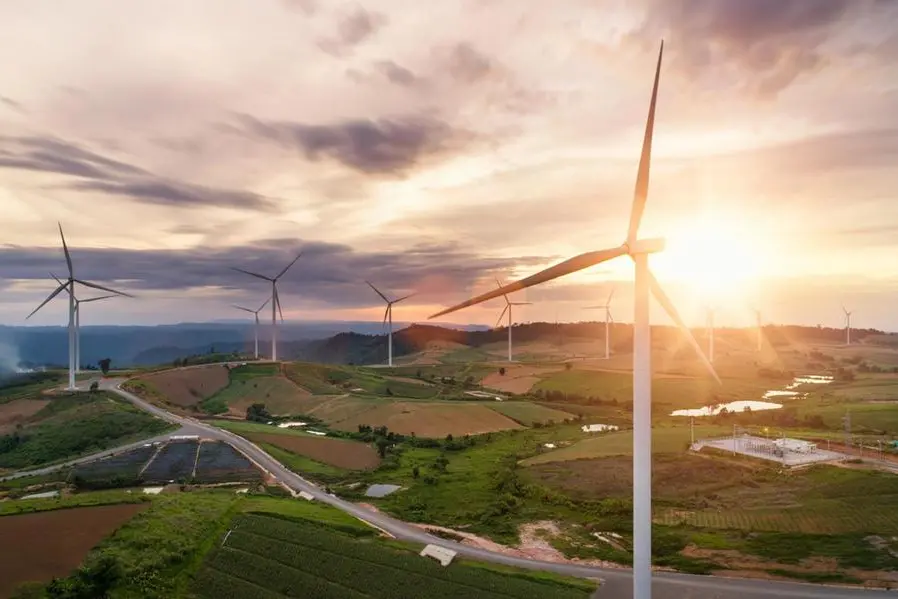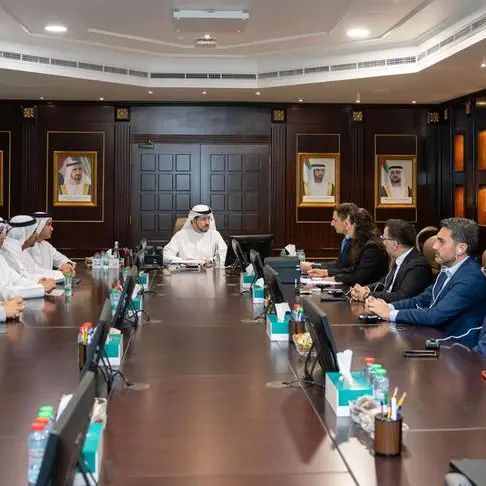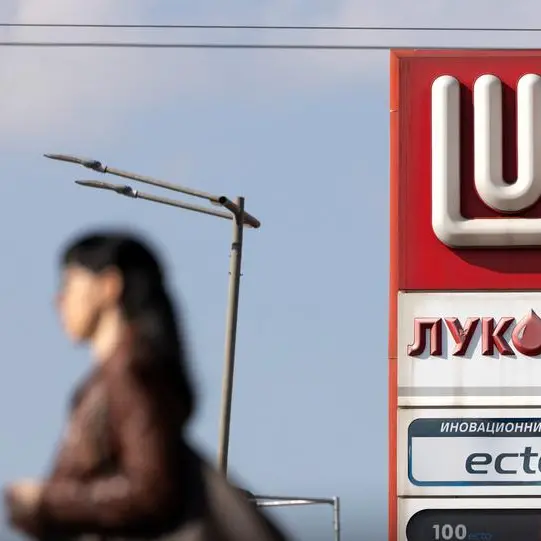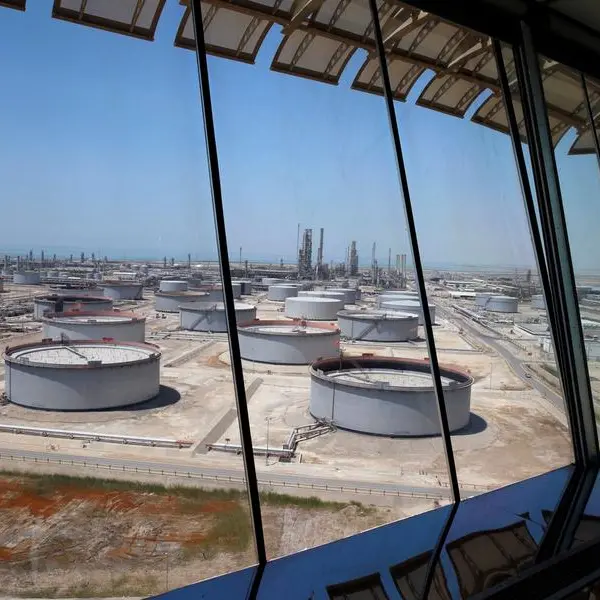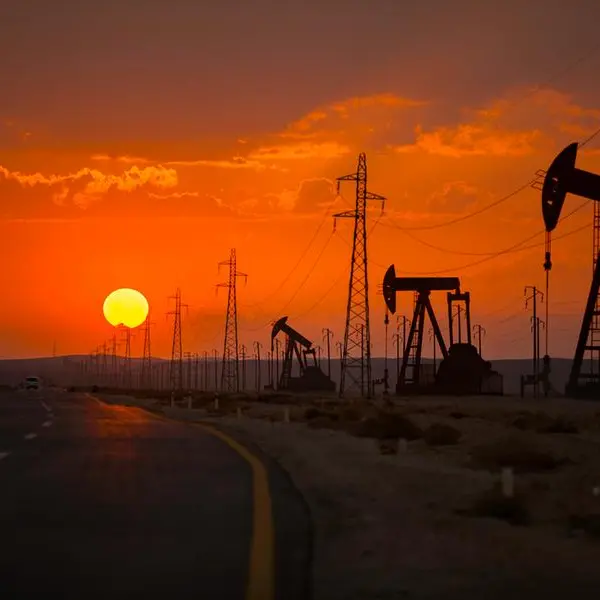PHOTO
The water that naturally evaporates from the Arabian Gulf is ten times more than the fresh water obtained by all desalination plants around the world. Utilising this naturally evaporating water could potentially solve the looming water crisis.
And that is exactly what a UAE-based start-up is doing. In recognition of their groundbreaking work, Manhat, co-founded by Emirati researcher Dr. Saeed Alhassan and Vishnu Pillai, has been granted special accreditation by the United Nations to be a stakeholder with the agency at the 2023 Water Conference in New York.
It is one of the only two companies selected from the UAE to attend the conference, with the other participant being DP World.
“It is a great honour,” Pillai told Khaleej Times in an interview. “We are thrilled to be able to be in the company of some of the best minds in the world that speak our language of sustainability and innovative water solutions. I am sure it will be a great learning experience for us.”
The water conference, co-hosted by the governments of Tajikistan and the Netherlands, with the United Nations Department of Economic and Social Affairs serving as the conference secretariat, with the support of UN-Water, aims to accelerate action on the internationally agreed water-related goals and targets, including those contained in the 2030 Agenda for Sustainable Development.
Manhat uses the simple concept of natural evaporation to aim and solve the looming water crisis. “The natural water cycle is evaporation, condensation and precipitation,” said Vishnu. “Our solution involves going to the source and trapping the evaporated water. This means we will be able to provide water solutions without depleting the groundwater.”
According to Pillai, this technique could remove the need to use desalinated water in the Gulf regions. “Desalination is an energy-intensive procedure,” he said. “Lots of electricity and burning of fossil fuel is required for this process. Also, when the byproduct — the salt-intensive brine — is dumped back into the sea, it affects the aquatic system.”
To test their solution, the team behind Manhat collaborated with Abu Dhabi Ports. “For the first phase of the prototype, we used anchored devices that were attached to the walls around the sea,” said Pillai. “We understood that scaling the device would be an issue. So we experimented with a modular floating device, which could be easily scaled. We also tried floating solar panels, which could be used on large swathes of unused water surfaces.”
Manhat is in phase 2 of its prototype and the technique is uses is now patented in 18 countries, including the UK, India and Australia. The company is also testing a new device, which has sand on top of it so that when the water condenses, it can be used to grow crops on the device itself.
Dr. Saeed Alhassan and Pillai met at their workplace in Abu Dhabi several years ago. In the process of migrating to Australia to complete his PhD, Pillai was surprised when Dr. Alhassan asked him to join Manhat in 2019. “At the time, Dr. Alhassan asked me to work for Manhat until my student visa came through, so I agreed,” he said. “I had quit my job and my family had moved back to India so they could join me in Australia. However, then Covid hit, and my visa was delayed indefinitely.”
Pillai used this time to lay the groundwork of marketing Manhat. “We had just six followers on LinkedIn,” he said. “Over the last three years, I didn’t spend a single penny on marketing, but I made valuable connections and reached out to people. Today we have almost 3,000 organic followers. In February this year, World Economic Forum featured us and our work. It was a dream come true moment for us to be on such a global platform.”
Copyright © 2022 Khaleej Times. All Rights Reserved. Provided by SyndiGate Media Inc. (Syndigate.info).
